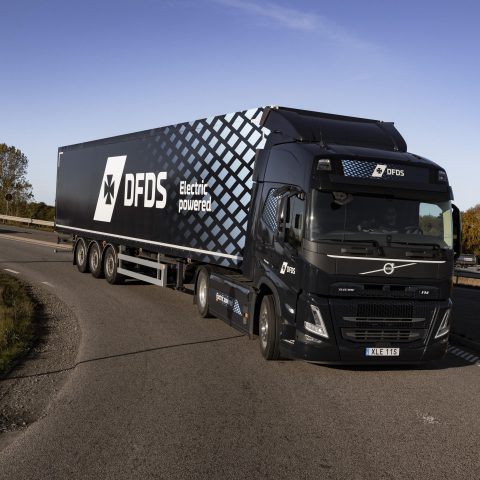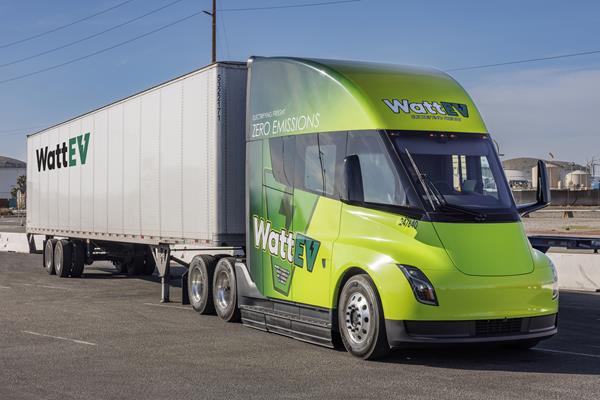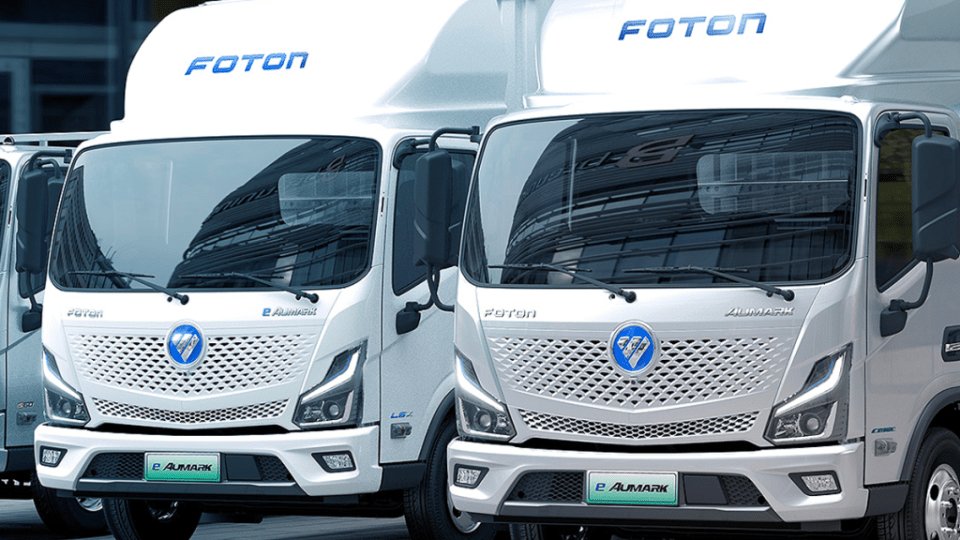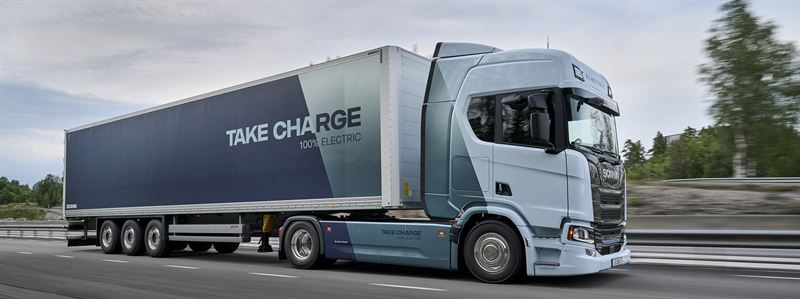DFDS to order 100 more Volvo e-trucks. It is the largest company fleet of heavy electric trucks in Europe
The new electric trucks will be deployed in nine markets across Europe, including UK, Ireland, the Netherlands, Belgium and Sweden. The trucks will be of the updated and more energy-efficient models of Volvo FH Electric and FM Electric.

Danish transport and logistics company DFDS has placed another order for 100 electric trucks from Volvo. Previously, DFDS has purchased a total of 125 heavy electric trucks from the Swedish manufacturer. Indeed, 95 Volvo electric trucks are currently operational in Sweden, Denmark, Lithuania, Belgium and the Netherlands with the remaining 30 due to be delivered during 2024.
The new electric trucks will be deployed in nine markets across Europe, including UK, Ireland, the Netherlands, Belgium and Sweden. The trucks will be of the updated and more energy-efficient models of Volvo FH Electric and FM Electric. DFDS currently has the largest fleet of heavy-duty electric trucks in Europe and is well underway to reach its target of having at least 25 percent of the truck fleet electrified by 2030.
Statements from Volvo Trucks and DFDS
“I am very proud to continue our close partnership with DFDS. This order for an additional 100 Volvo electric trucks is proof of their trust in our company. The big increase of DFDS’ electric truck fleet shows that zero-emissions transport is a viable solution here and now”, said Roger Alm, President Volvo Trucks.
“We want to drive the transition to more sustainable road transport. Our expanding fleet of electric trucks will not only contribute to reducing the climate impact of our operations. It will also enable DFDS to support more companies that are looking to decarbonise their supply chains. The 100 new electric trucks underline our commitment to pushing the development forward”, added Niklas Anderson, EVP, Logistic Division at DFDS.















